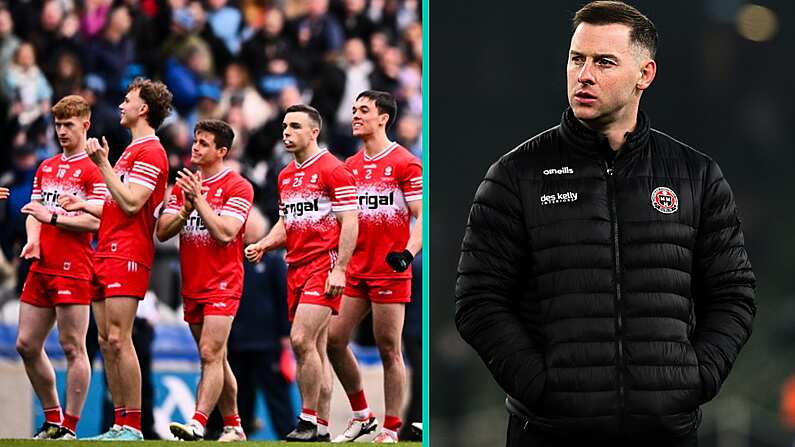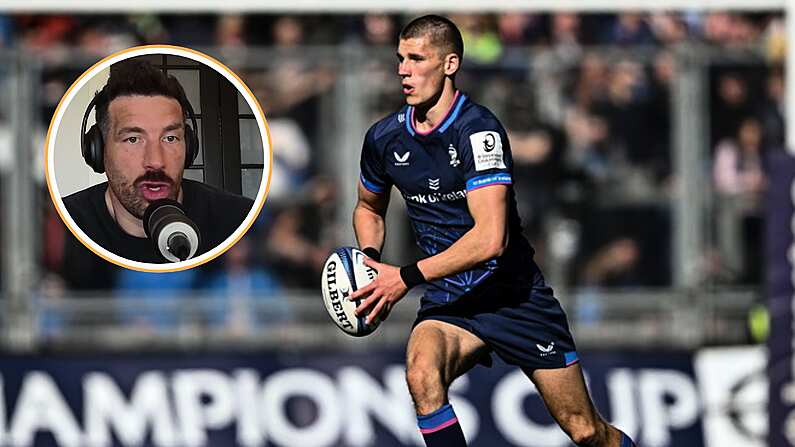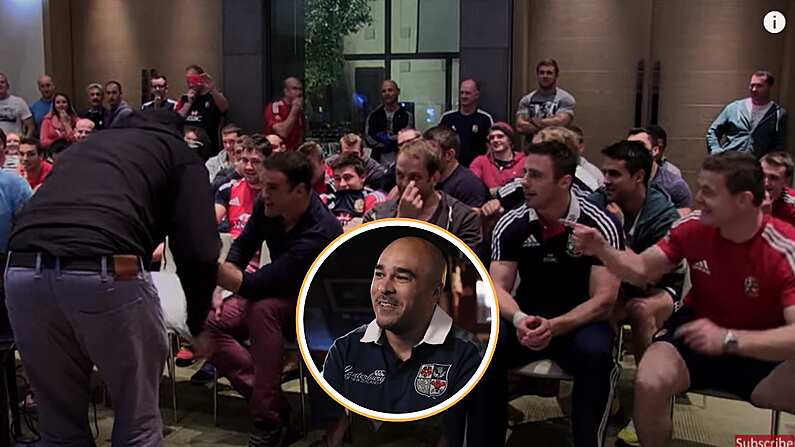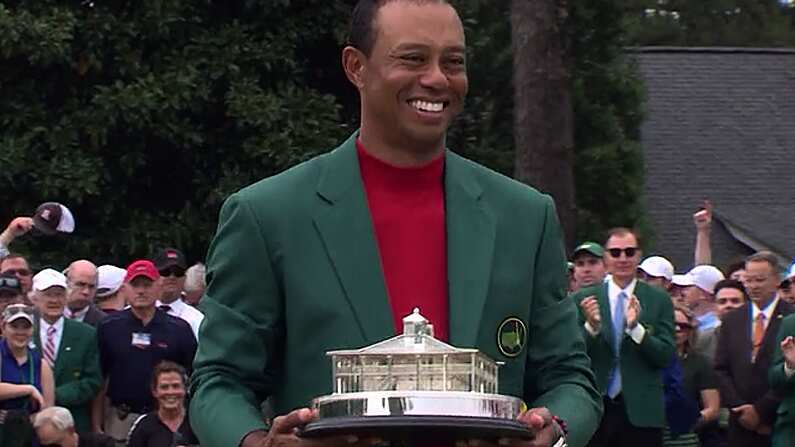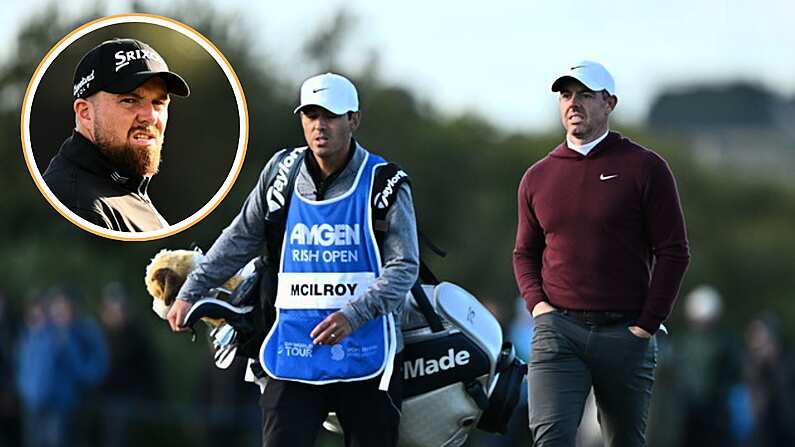John Giles hasn't said much on the subject of the League of Ireland since the dream of transforming Shamrock Rovers into a team capable of competing in Europe died in the early 1980s.
Suddenly, and somewhat unexpectedly, Ireland now has a club that are capable of competing well in Europe.
Giles has never been as openly dismissive of the domestic League as his Drumcondra-born partner in crime. Gilesy wasn't one for taking potshots at "the chicken league".
Also, he left a highly promising managerial career in England behind (he had gotten West Brom promoted and taken them to 6th in the 1st Division) to return and try to achieve something in Irish football.
But living in Birmingham, there was little sense he paid any heed to the game here.
In his Evening Herald column today, he writes that he's been watching Dundalk's European progress with interest and he believes there are lessons for the national team.
Over the last three decades, we've repeatedly had to listen to foreign managers give the same assessment of Ireland ahead of matches.
Bespectacled coach Hans Foreigner will let out a sigh, shift in his seat, and attempt to offer up a few platitudes for the benefit of his hosts.
"Very strong, physical... good in the air... lots of long balls... never giving up... will be difficult to deal with..."
You feel for real 'the football men', having to listen to this stuff. The guys who were going to Dalyer and Lansdowne in the days before Jackie Charlton ever turned up on our doorstep.
You know their hearts are sinking.
They eagerly tell the younger among us and the disbelieving foreigners that Irish football wasn't always known for this. There was a glorious, lost era, before Big Jack changed the character of our football team, when Ireland played cutesy and neat football. Like Scotland back in the day, Ireland, they say, were known for being technically accomplished. More so than the physically bigger English bruisers.
They yearn for Ireland to get back to that days, and do so while clinging onto the 90s era success. It is this impulse, in part, which explains the occasionally over-the-top ardour for Wes Hoolahan.
This screams from Giles's column today.
A few weeks back Richard Dunne suggested it was in our DNA to fight and grapple for points and we cannot avoid it. I don't agree and once again, I think Dundalk are supplying pretty incontrovertible evidence that he is wrong.
I have great time for Richard and I know what he is saying but I think his perception of how Ireland should play is based on his experiences with Giovanni Trapattoni who decided what our best players were about before he had seen them.
This notion only came into being around the time of Jack Charlton. I don't believe it existed before that.
Certainly in the 1950s and 60s, if you had asked someone from Germany or Italy to profile a typical Irish footballer, they would have described technically good players and, in some cases, highly gifted footballers.
In Giles's view, Stephen Kenny's Dundalk, in terms of style and approach, are a truer reflection of what Irish football is about than the current Irish team.
What do we think? Has Kenny resurrected a glorious tradition of attractive Irish football or is Gilesy being over romantic?



